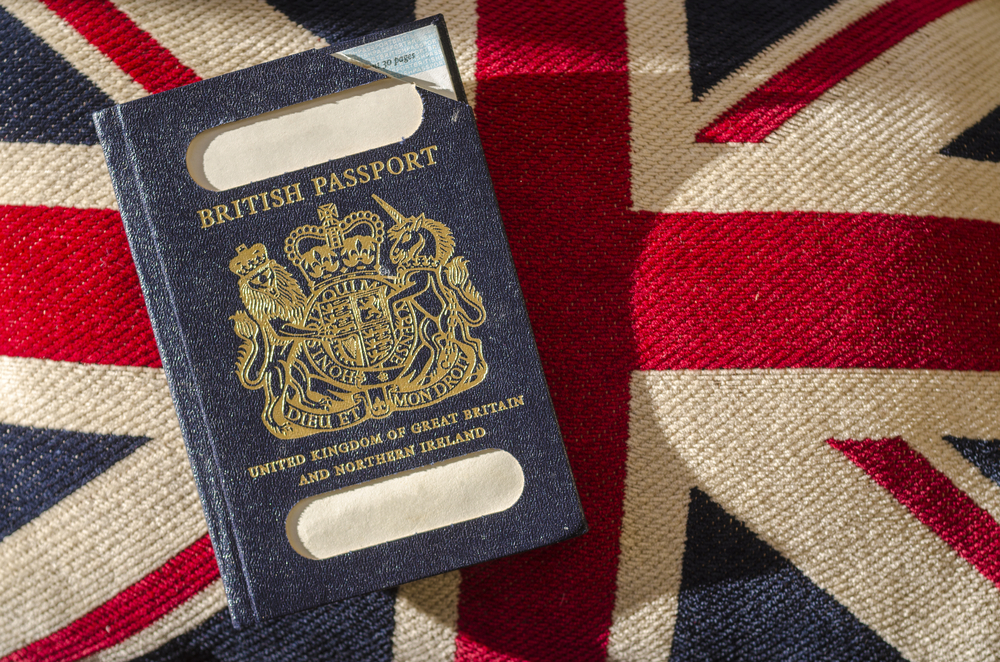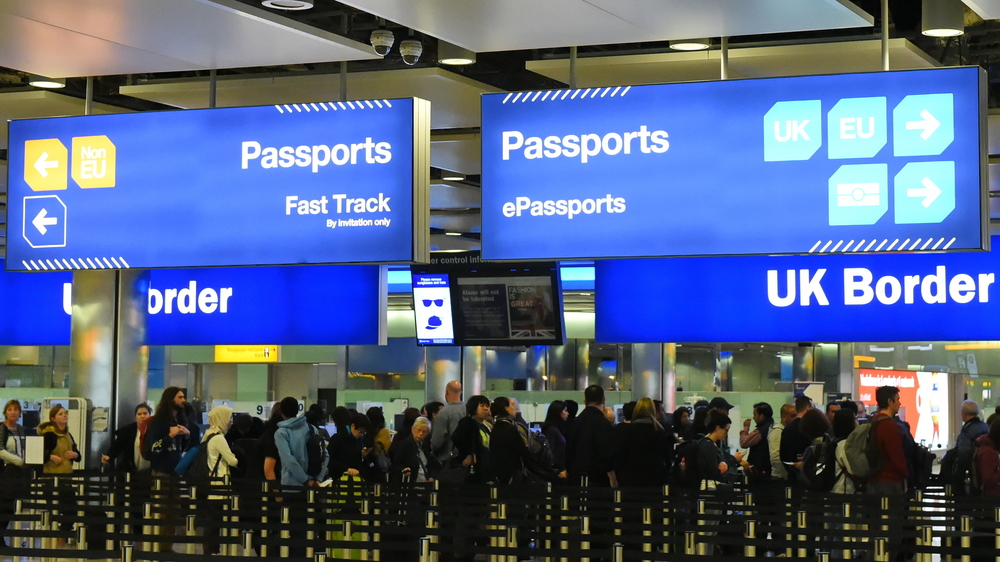
Sunshine Saturday has kickstarted the peak season for holidaymakers looking to escape the Christmas blues, with the Civil Aviation Authority expecting as many as 5.2 million Brits booking a holiday over the coming weeks.
With this, Google searches surrounding ‘Brexit travel’ also peaked over the weekend due to concerned holidaymakers wondering how the day of Brexit (29 March 2019) will affect their trips in the summer. The top search queries according to Google Trends are: what Brexit means to travel; can I travel to Spain after Brexit; how will Brexit affect travel insurance; and will travel insurance cover Brexit?
Paul McClorry, head of travel litigation at Hudgell Solicitors (a group of personal injury and medical negligence solicitors), gave his top tips to better handle the situation:
Take out travel insurance as soon as possible
Definitely take out travel insurance – it will give you peace of mind, as you’ll potentially have more cover if things go wrong. It’s also useful to take the insurance out at a similar time to booking the holiday.
From a legal perspective, my best advice to anyone thinking of going on holiday next Summer is to take out a travel insurance policy as soon as possible. Your insurance policy might cover you all year round until the time of your holiday, which means you could be covered for a number of different situations – for example, if you’re ill before your holiday and have to cancel it.
Make sure the travel insurance is bespoke to you and your needs
It’s definitely worth taking out a cheaper policy than none at all, however, we do advise that you go a step further and opt for a bespoke policy if you can afford to. As this will ensure your policy is bespoke to you and your needs as an individual.
Many people tend to get reeled in by the cheap travel insurance deals – but think to yourself, what do I need cover for? Is this policy going to be suitable for me and my family?

Book a package holiday
Over the last decade or so, we’ve seen a significant rise in people booking holidays that aren’t packaged holidays – people tend to be shopping around more booking flights, hotels and transfers separately, in order to cut down cost. However, we are advising consumers to rethink this strategy and consider booking holidays as a package deal. It’s important to understand the difficulty you may run into if something were to go wrong, and you’ve booked each component separately.
“Consider booking holidays as a package deal”
For example, if you’ve paid GBP 200 for your flights with a particular airline, and paid GBP 500 with a separate hotel provider – if your flight was cancelled, you may or may not get your GBP 200 back from that airline (as it depends on your policy if the airline refunds you).
However, there is no guarantee that you’ll get your refund on the hotel too, as this is a separate and standalone contract. Again, this may or may not be covered on your insurance policy, but you’re not going to get it back from the hotel provider regardless.
If you choose to book a package holiday, with a reputable tour operator, if one part goes wrong, all components are likely to be covered. The law in this area changed only this summer and the new Package Travel Directive is an even more powerful piece of pro-consumer legislation. The importance of booking a genuine package holiday cannot be underestimated, and again this is even more relevant in light of Brexit and its uncertainties.
Make sure there is ATOL Protection on your holiday
ATOL protection is extremely important and goes hand-in-hand with booking a package holiday. For example, if an airline stops trading, there is a backup fund which acts as a safety net; it ensures that you can return home if you’re stranded abroad and that your money is safe.
Pay for your holiday by credit card
Don’t lose sight of booking your package, ATOL protected holiday, by credit card. If your holiday is over the value of GBP 100, and something were to go wrong – under the Consumer Credit Act, the credit card company provides another avenue for financial redress, providing even more financial protection if things go wrong.



 share
share








































